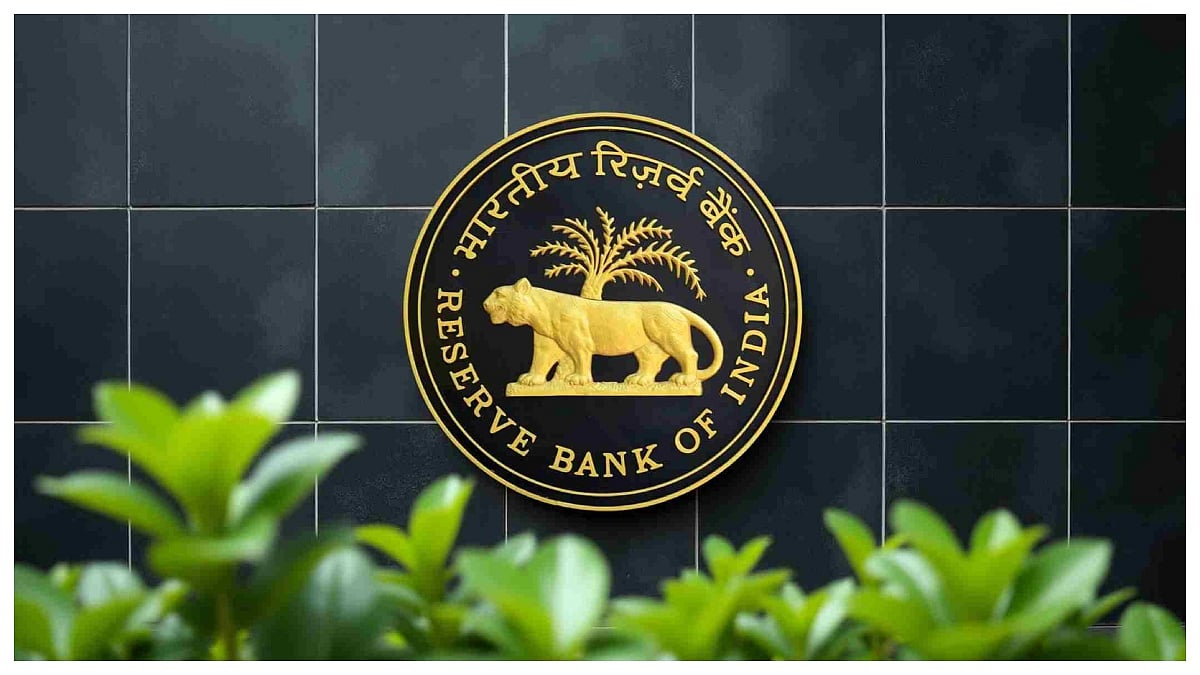MEERA S. SASHITAL speaks about Baba Fariduddin Ganjshakar, a Punjabi poet and saint of the Chisti order of Sufism.
Baba Fariduddin Mas’ud Ganjshakar was a Sufi and Muslim missionary in Punjab. Baba Farid (1173 -1266) was a Punjabi poet and saint of the Chisti order of Sufism. He was among the first known Punjabi poets. He was born in Kothewal village in Multan, Punjab and his ancestors were from a town called Aush, south of Fergana. Though there is dispute regarding his genealogy, his family tree traces his ancestors to hail from Kufa.
Baba Farid was also one of the 15 Sikh Bhagats within Sikhism and his selected works are included in the Guru Granth Sahib. He laid stress on Love of fellow human beings as a means of attaining love of God. Service to humanity was part of the mystic discipline for him. His verse was singularly free from any social, historical or sectarian prejudice. His teachings were of moral nature.
Baba Farid received his early education at Multan which had become a centre of education. It was here that he met his Master, Qutbuddin Bakhtiyar Kaki, a noted Sufi saint who was passing through Multan from Baghdad on his way to Delhi. On completing his education Farid left for Kandahar and at the age of sixteen went to Mecca for the Hajj pilgrimage. Once his education was over, Baba farid shifted to Delhi to learn the doctrines of his master Qutubuddin Bakhtiyar Kaki. When Qutubuddin Bakhtiyar Kaki died in 1235 Farid became his spiritual successor but he settled in Ajodhan (the present Pakpattan, Pakistan) instead of Delhi. On his way to Ajodhan he met the 20 year old Nizamuddin who became his disciple and later his successor (Khalifah).
One of Farid’s most important contributions to Punjabi literature was his development of the language for literary purposes. When Sanskrit, Arabic, Turkish and Persian were considered the languages of the learned and the elite and used in monastic centres, Punjabi was generally considered a less refined folk language. Before Farid there was little Punjabi literature except earlier poets who had written in a primitive Punjabi and left some anonymous ballads. By using Punjabi as the language of poetry, Farid laid the basis for a vernacular Punjabi literature that was developed more later.
It was at the instance of Guru Nanak and the famous scholar-explorer ibn Battuta that 112 couplets and four hymns of Baba Farida came to be incorporated in the Sikh Holy Book, the Guru Granth Sahib also by the fifth Guru Arjun Dev in 1604. These verses are known as Farid Bani.
Baba Farid was a great mystic who enriched Punjabi poetry with his hymns overflowing with love for the divine. He lived a life of meditation and devotion and expressed the same in all his poems. According to Baba Farid, a truly intelligent person is one who is always contented in life. Every poem of Baba Farid reflects love for God. He says: “Sweets are candy, sugar, honey, molasses and milk. Yea, sweet are these but sweeter by far is Name of the Lord.”
There are various explanations of why Baba Farid was given the title ‘Shakar Ganj’ (Treasure of Sugar). One legend has it that his mother used to encourage the young Farid to pray by placing sugar under his prayer mat. Once, when she forgot, the young Farid found the sugar anyway, an experience that gave him more spiritual fervour and led to be given this name.
The city of Faridkot is named after Baba Farid. According to legend Farid stopped by the city, then named Mokhalpur and sat in seclusion for 40 days near a Fort. The king of the place was so impressed by his presence that he named the city after Baba Farid. In 1998 the Punjab Government established the Baba Farid University of Health Sciences at Faridkot, the city named after Baba Farid.
The small tomb of Baba Farid is made of white marble with two doors, one facing east and called the Nuri Darwaja or “Gate of Light” and the second facing North called the Bahishti Darwaja or “Gate of Paradise”.The two marble graves, one of Baba Farid and the other his elder son’s are always covered with green coloured sheets called chaddars covered with Islamic verses and flowers brought by visitors. It seems ladies are not allowed to enter the tomb.
The shrine of Baba Farid is located in the city of Pakpattan. It is open day and night for visitors. Langar or Charity of Food is distributed all day. One of the significant features of the shrine is Quwwali which is performed throughout the day but at night it attracts a huge gathering.Every Thursday there is a special Mehfil-e-Sama when many famous Quwwali singers participate in the Mehfil.The Festival Baba Sheikh Farid Mela is celebrated in September each year commemorating his arrival in the city. He was revered by both Hindus and Muslims.
Farid was a contemporary of Kabir, Nanak and others. He is recognised as the first major poet of the Punjab language and is considered one of the pivotal saints of the Punjab region. A few more verses of Baba Farid:
“When I heard the gong being struck in the temple, the sight pained me, for the thought occurred to me, “When this faultless thing is being struck mercilessly for no fault, what punishment would I not have to endure in the end, when I have so many faults to my account?”
“Seek the enlightened Guru. He is like unto the deep sea in which you will find the pearl (God). It serves ill purpose to seek Him amidst shallow waters.”
“O Crow peck not my body. Fly off, I beg of thee, because within my body dwells my Beloved.”




